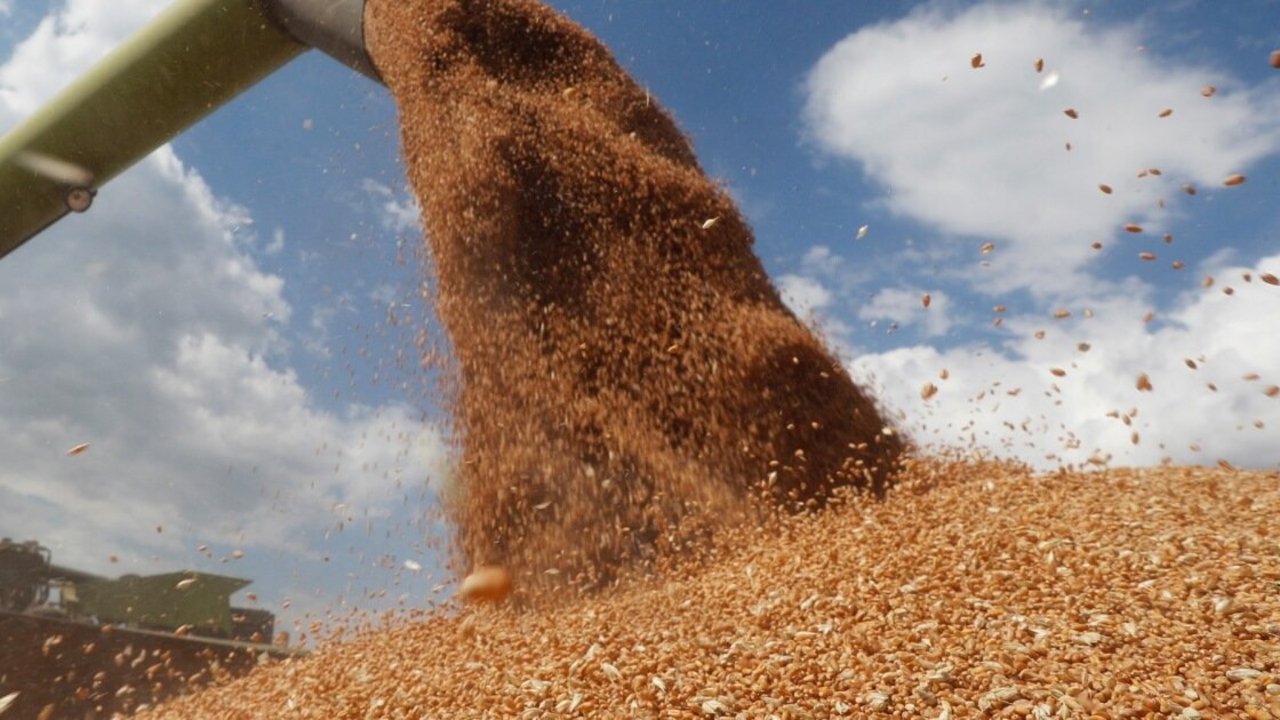Any decline in yields could be a cause for concern in a market that seeks to offset the war disruptions in Ukrainian supplies. Most analysts have expected wheat production in the European Union to fall this year after a record harvest in 2021 in Romania and Bulgaria, and in many countries after the dry spring, including France, the largest producer. On Thursday, temperatures in some places in France were 40 degrees Celsius, approaching the level seen in Spain last week. “It’s an extra risk, given we’re coming from a dry spring,” said Aurelien Blary, yield analyst at Strategie Grains. "We expect yield potential to decline further."
Analysts forecast France’s wheat crop without durum at 33-34 million tonnes, up from 35.5 million tonnes last year due to smaller acreage and mixed crop potential. The heatwave is the biggest threat in central France. This could exacerbate yield fluctuations after the showers in early June helped some crops but avoid some dehydrated zones.
“The situation is extremely diverse. In recent storms, one village has received too much rainfall and the other has not received any rain at all, ”said Francois Jacques, deputy secretary general of the AGPB’s French wheat producers group.
The heat could worsen this year’s wheat production in Spain and Italy as well.
In Romania, Agriculture Minister Adrian Chesnoiu told Reuters this week that unfavorable weather and higher production costs are pushing yields below last year’s level of 11.3 million tonnes. But he stressed that the country will have plenty of exportable quantities.
Bulgaria, which exports via the Black Sea like Romania, was expected to decline from 7.1 million tonnes last year, but recent rains should prevent the decline. “We expect a good harvest, but it should be noted that we achieved a record harvest last year,” said Kostadin Kostadinov, president of the National Association of Cereal Producers in Bulgaria.
A dry spring could also limit crop potential in Germany and Poland, Blary, an analyst at Strategie Grains, added, adding that West Germany was less affected, while rain in June improved conditions in Poland. Further north, the drought was less noticeable.
In Britain, the Agriculture and Horticulture Development Council (AHDB) forecast a yield of 14.95 million tonnes last week, up from 13.99 million in 2021, a three-year high.
